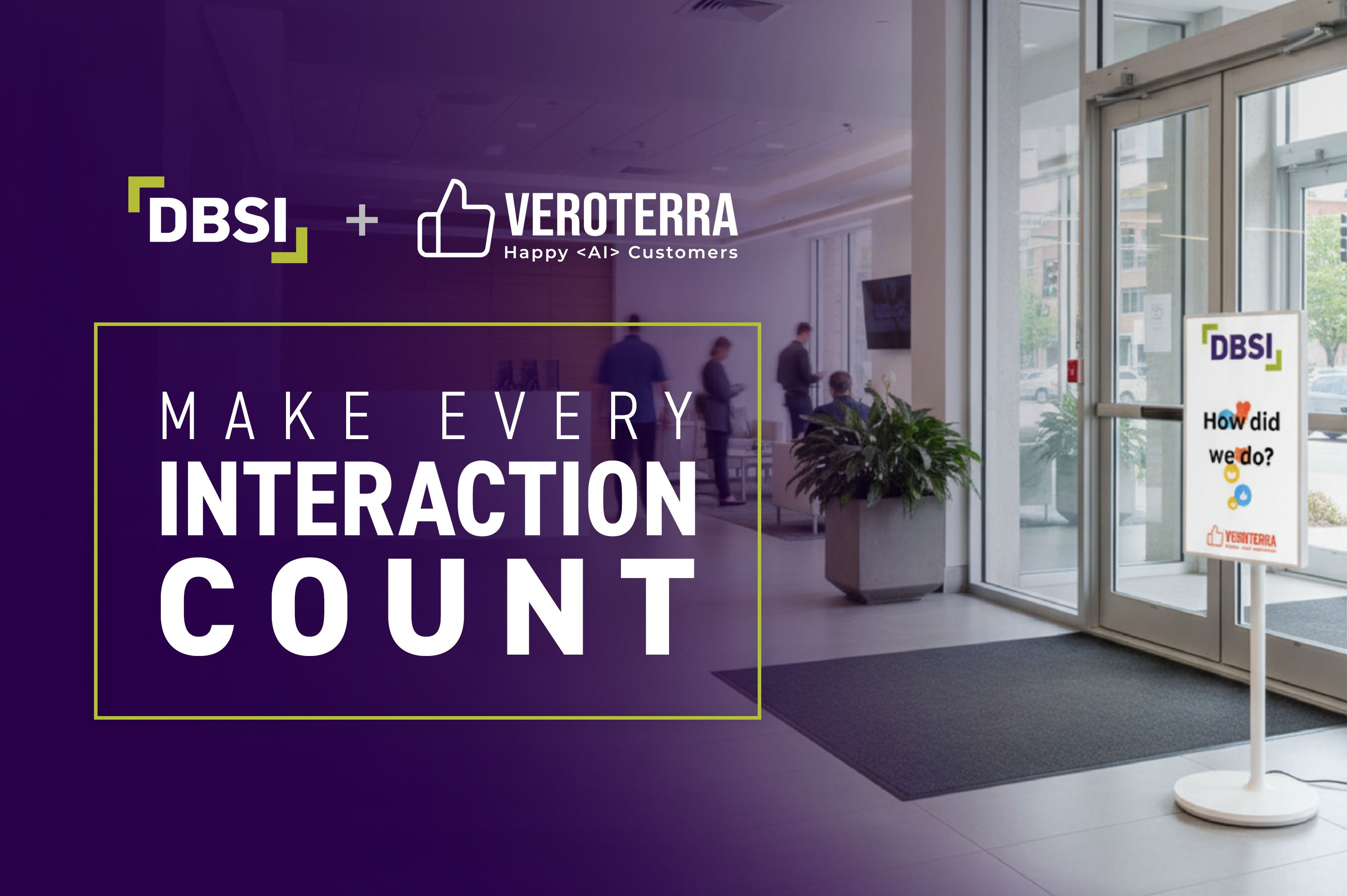1 min read
Why Indecision May be Banking’s No. 1 Problem, and How to Defeat It
 EJ Kritz
:
September 11, 2025
EJ Kritz
:
September 11, 2025
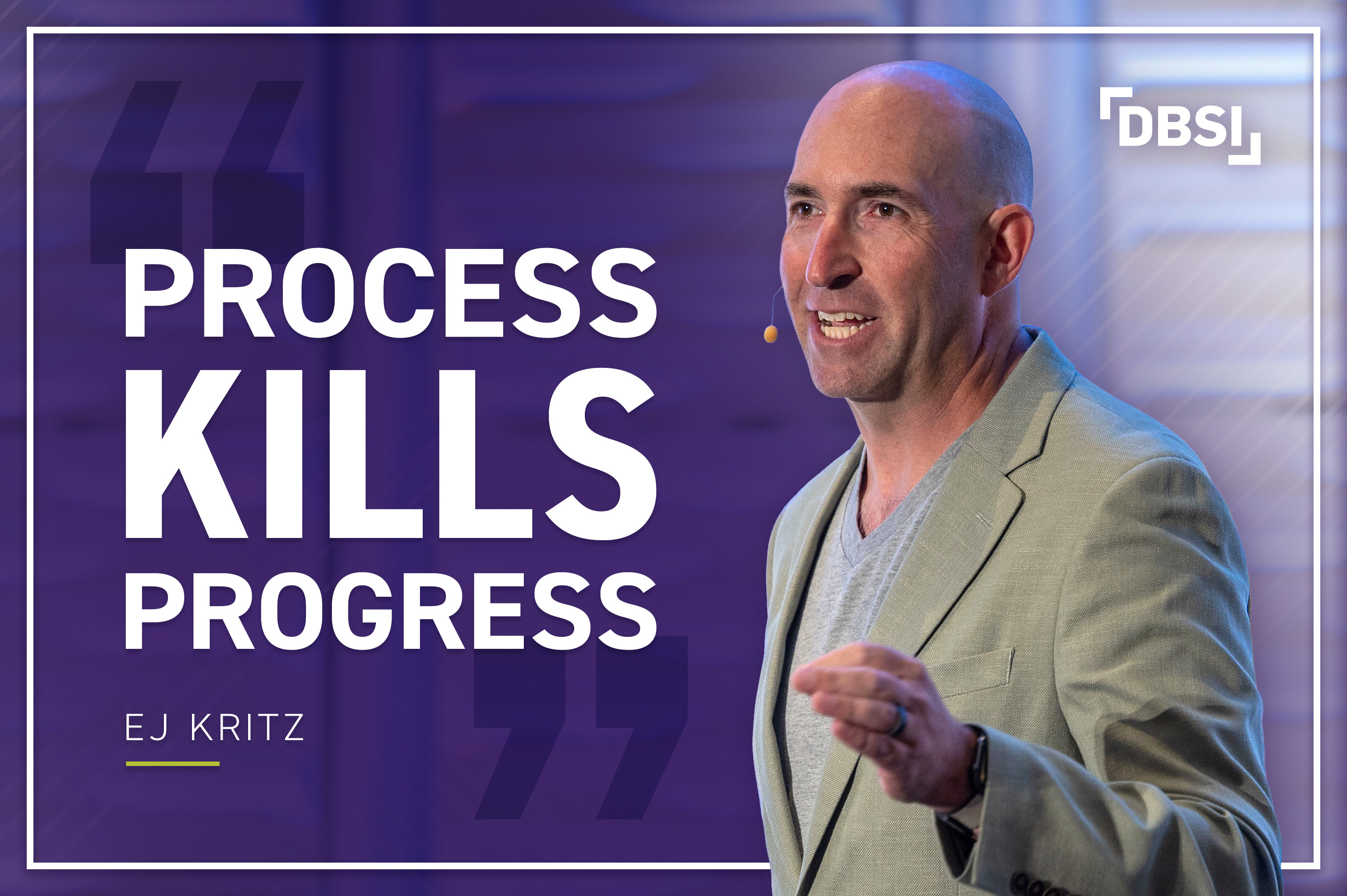
DBSI’s ,Chief Experience Officer, EJ Kritz, recently wrote an editorial for The Financial Brand highlighting what he sees as banking’s number one problem: indecision.
Financial institutions are inherently data-driven, given the scale of assets they manage. EJ notes, however, that this reliance on process can slow progress, often causing big initiatives to be delayed or stalled.
When choices become too complex and cumbersome, C-suites and boardrooms can get trapped in decision paralysis, resulting in project delays. Delays don’t just slow projects, they weaken their impact. EJ makes the case that at some point, leaders must move forward with “enough” data rather than continuing to dig deeper into the weeds.
The biggest threat to banking is not what you think. It’s not AI, it’s not the regulatory or rate environment, and it’s most certainly not fintech.
A look inside the four walls of an individual financial institution is the first place to look if you want to find the industry’s true threat. That is where the sleeping monster lives.
Its name? Indecision.
Process Kills Progression
Lindsey Ogan, CMO of Stride Bank (the bank which holds deposits for Chime and helps move payments for DoorDash and Lyft) put it best when she said, "No one makes perfect decisions because none of us have a crystal ball." And yet, indecision rages on.
I think back, not-so-fondly, on a particular instance in my banking career when I was asked to create a comprehensive plan to help improve the service culture of the organization. It was the assignment I’d been anxiously awaiting so I quickly got to work. After several weeks, my five-point plan was complete and ready to present to the executive team.
Or so I thought.
First my boss needed to review it. That took weeks.
Then "my boss’s boss" needed to review it. That took months.
By the time the plan hit the desk of the executive in charge, it had been sterilized past the point of recognition, rendering decision-making nearly impossible. The plan was DOA.
“While saying 'we’re working to make data-driven decisions,' sounds great in principle, in practice too much data can create an environment of decision-making paralysis" - EJ Kritz


























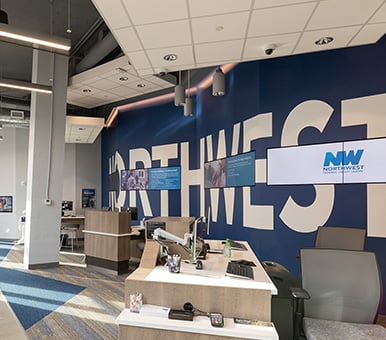

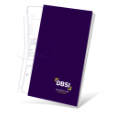





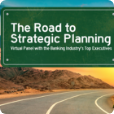
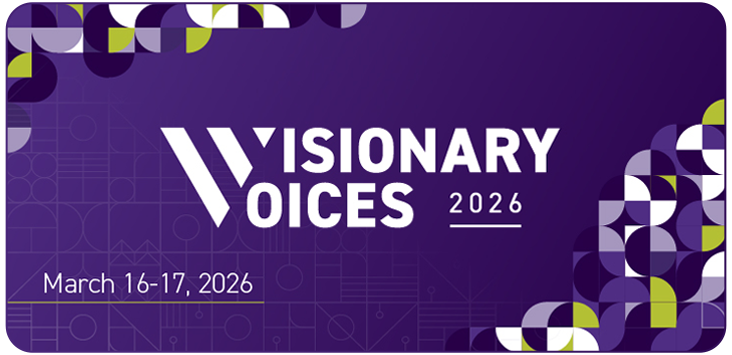

-1.png)
-4.png)
